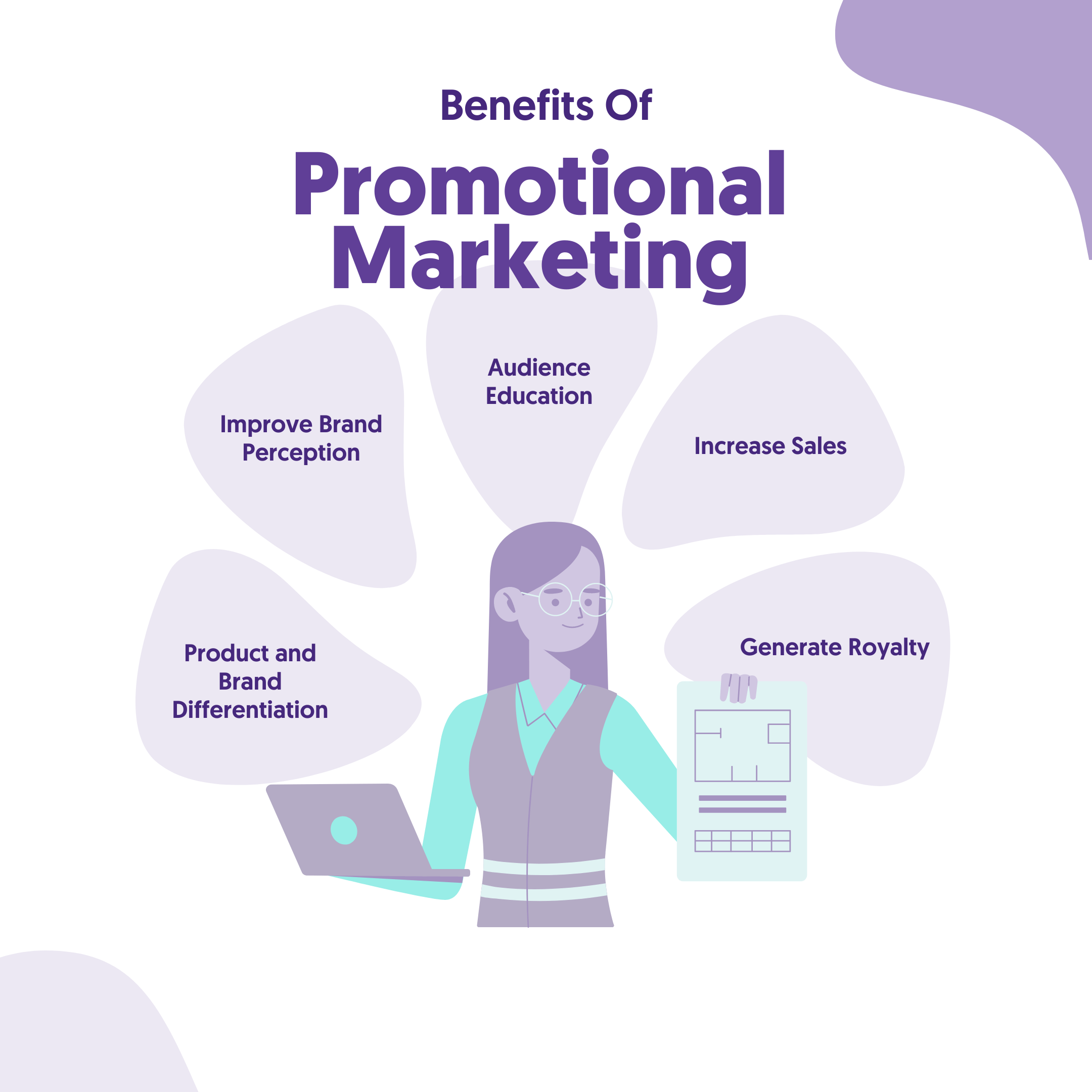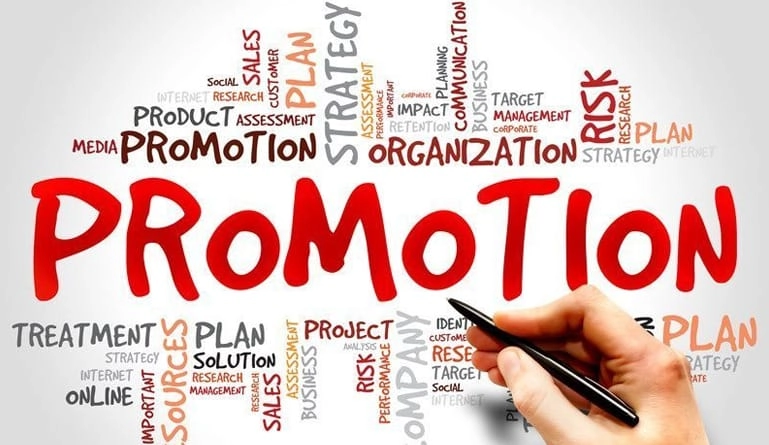Promotion is an essential aspect of the marketing mix that involves communicating the benefits of a product or service to potential customers. It’s a crucial element in driving brand awareness, attracting new customers, and retaining existing ones. In this blog, we will delve into the various facets of promotion and how it plays a pivotal role in the overall marketing strategy.
Understanding Promotion in Marketing
Promotion encompasses a variety of activities and strategies aimed at informing, persuading, and reminding customers about a company’s offerings. It involves multiple channels and tactics designed to reach and engage the target audience. Effective promotion helps build a strong brand presence, differentiate products from competitors, and ultimately drive sales.
Types of Promotional Strategies- Role of Promotion in Marketing
Advertising: This involves paid placements in media channels like TV, radio, print, and digital platforms. Advertising aims to reach a broad audience and create awareness about a product or service.
Sales Promotion: Short-term incentives like discounts, coupons, and contests designed to stimulate immediate sales and encourage customer loyalty.
Public Relations (PR): Managing a company’s public image through media coverage, events, and community involvement. PR efforts build trust and credibility.
Direct Marketing: Directly reaching out to consumers through emails, direct mail, or telemarketing. This method is highly targeted and personalized.
Personal Selling: One-on-one interaction between a salesperson and a potential buyer. This approach is particularly effective for high-value or complex products.
Crafting an Effective Promotional Mix
An effective promotional mix balances these different strategies to create a cohesive approach that maximizes reach and impact. Businesses must integrate their promotional efforts across various channels to ensure a consistent message and reinforce their brand identity.
Real-World Examples
Successful promotional campaigns often leverage multiple strategies to achieve their goals. For instance, a company launching a new product might use a mix of digital advertising, influencer partnerships, and a high-profile PR event to generate buzz and drive sales.
Measuring Promotional Success
To evaluate the effectiveness of promotional efforts, businesses must track key performance indicators (KPIs) such as reach, engagement, conversion rates, and return on investment (ROI). Tools like Google Analytics, social media insights, and CRM systems provide valuable data to measure and optimize promotional activities.
Enhancing Promotional Efforts
Target the Right Audience: Use data and analytics to identify and reach the audience most likely to be interested in your product.
Craft Compelling Messages: Develop clear, engaging, and persuasive content that resonates with your audience’s needs and preferences.
Utilize Social Media: Platforms like Facebook, Instagram, and Twitter offer powerful tools for promoting products and engaging with customers.
Leverage Influencer Marketing: Collaborate with influencers who can authentically promote your product to their followers, enhancing credibility and reach.
Conclusion
Promotion is a dynamic and integral component of marketing that requires careful planning and execution. By understanding and implementing various promotional strategies, businesses can effectively reach their target audience, build brand loyalty, and drive growth. Stay tuned to our blog for more insights and practical tips on mastering the art of promotion in marketing. To get in touch with INDIDIGITAL TEAM, contact at +91-9971778006, email us- contact@indidigital.com. Visit our website Indidigital or brand promotion services you can also contact us on our Facebook handles.



